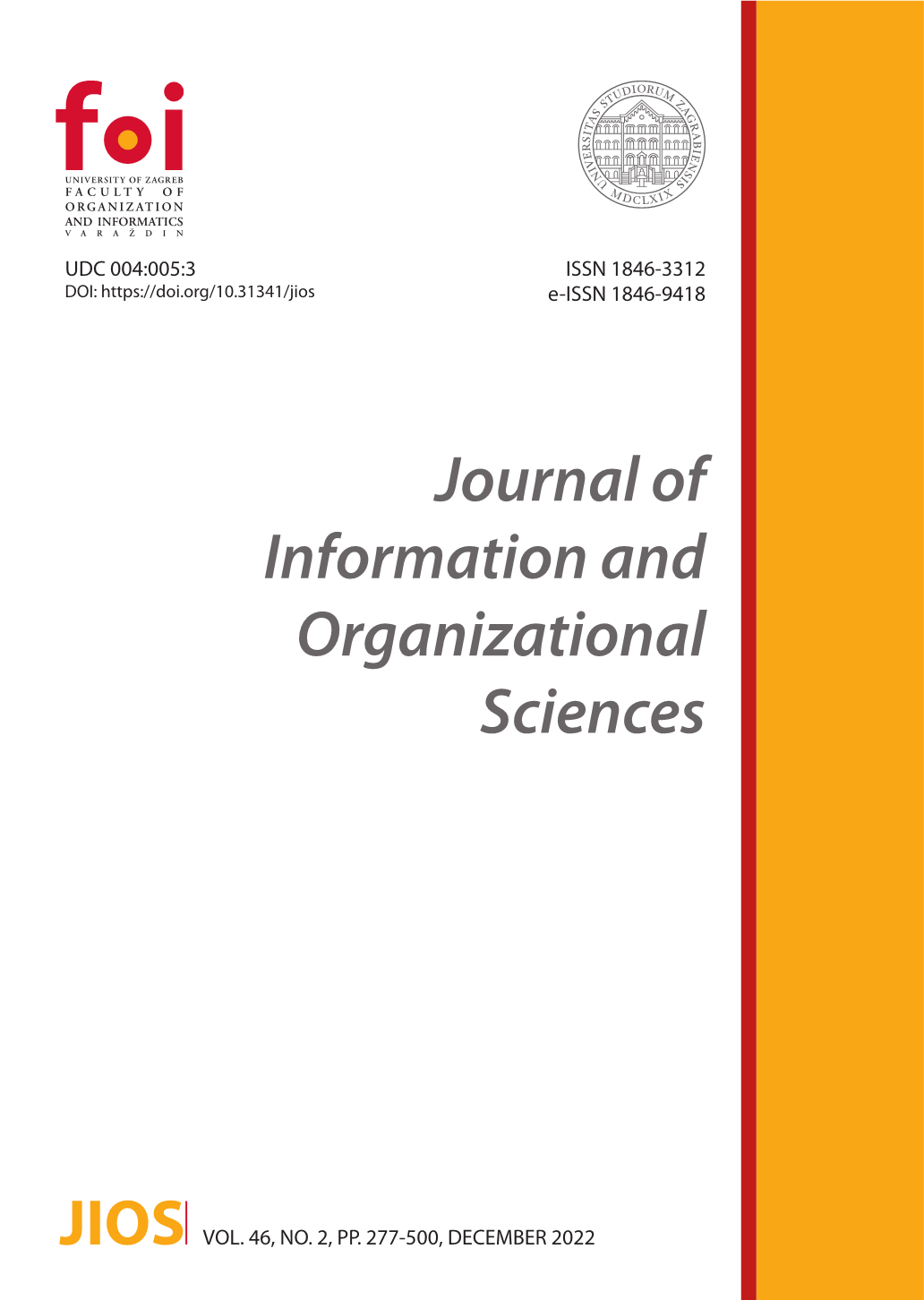Evaluating Compromise in Social Choice Functions
Evaluating Compromise in Social Choice Functions
Author(s): Aleksandar Hatzivelkos, Marcel MaretićSubject(s): Psychology, Electoral systems, Welfare systems, Political behavior, Political psychology, Family and social welfare, ICT Information and Communications Technologies, Sociology of Politics
Published by: Fakultet organizacije i informatike, Sveučilište u Zagrebu
Keywords: Social choice function; Social welfare function; Strict preferential voting; Compromise; Borda count;
Summary/Abstract: We investigate the notion of compromise in the strict preferential voting setting. We introduce divergence as an inverse measure of compromise in a collection of strict preferential votes. Classical functions of social choice theory are analyzed with respect to divergence. New social welfare functions and new social choice functions with the objective of compromise are defined directly from optimization of divergence and later analyzed with respect to the common desiderata of social choice theory. For a very natural function, a simple divergence minimizer, we prove it satisfies the properties of anonymity, neutrality, consistence, and continuity. Consequently, according to Young’s theorem of characterization it follows that this function is a scoring point function. Its scoring point vector is also given. Finally, we discuss the parameter p in the divergence measure which was introduced to address vagueness and fuzziness of compromise and to control for a variety of intended levels of compromise.
Journal: Journal of Information and Organizational Sciences
- Issue Year: 46/2022
- Issue No: 2
- Page Range: 377-389
- Page Count: 13
- Language: English

